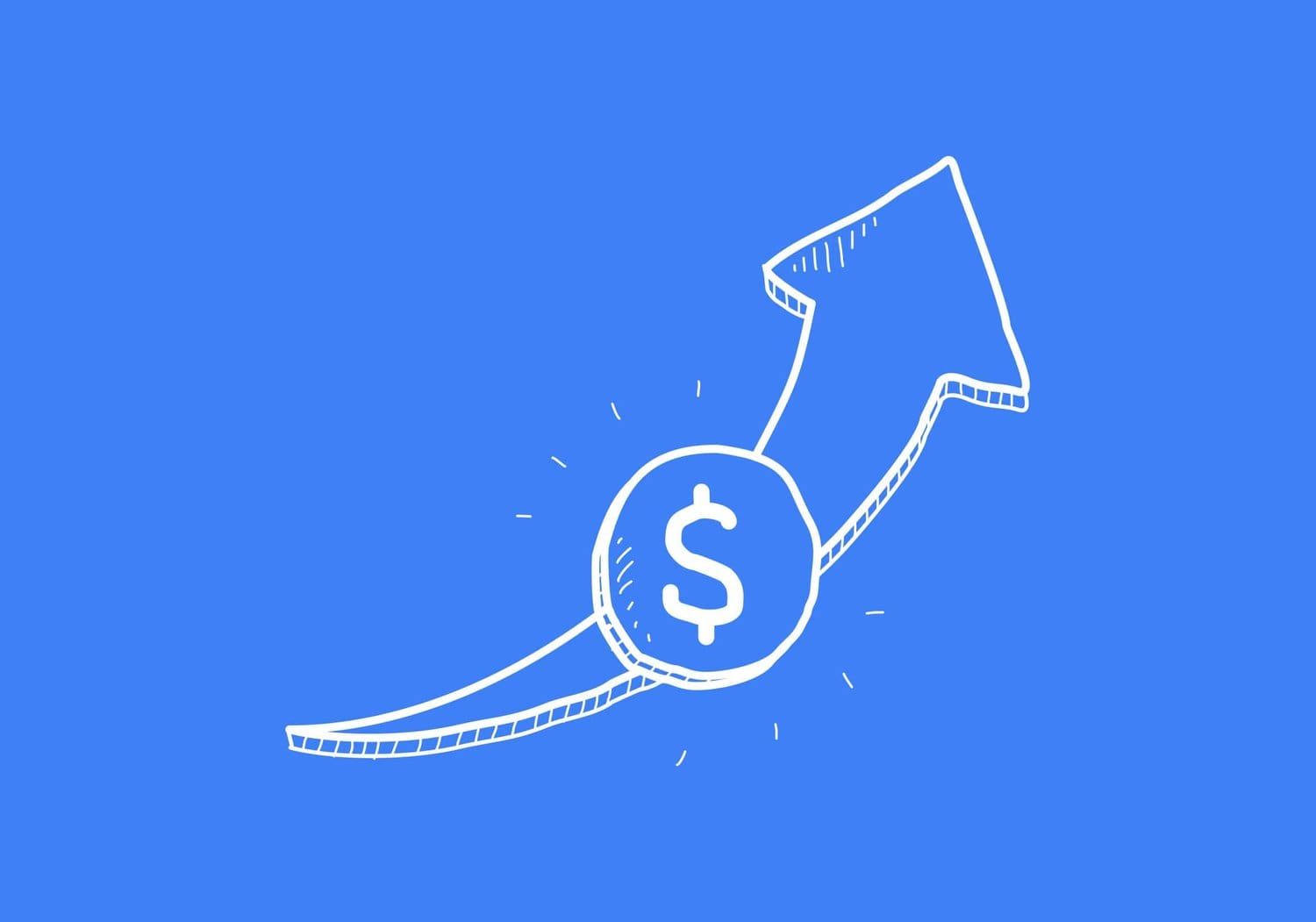As an entrepreneur, you need to be aware of the impact that inflation can have on your business. Inflation can eat away at your profits, increase your costs, and reduce your ability to compete in the marketplace. While you can’t control inflation, you can take steps to minimize its impact on your business.
Inflation planning is an important part of financial planning for entrepreneurs. By understanding how inflation works and its impact on your business, you can make informed decisions about how to protect your business from the effects of inflation.
What is Inflation?
Inflation is a measure of the rate of increase in prices for goods and services. It is usually expressed as a percentage. For example, if the inflation rate is 2%, that means that prices have increased by 2% over a period of time.
Inflation can have a significant impact on your business. As prices increase, your costs go up and your profits are eroded. In addition, inflation can make it difficult to compete in the marketplace as your prices become less competitive.
How long does inflation usually last?
Inflation is a normal part of the economic cycle and usually lasts for several years. However, periods of high inflation can be followed by periods of deflation (a decrease in prices).
What causes Inflation?
Inflation is caused by a variety of factors, including:
• Increased demand for goods and services: When there is more demand for goods and services than there is supply, prices go up. This can be due to population growth or increased consumer spending.
• Increased costs of production: When the cost of inputs such as raw materials and labor goes up, businesses are forced to raise prices to cover their increased costs.
• Monetary policy: The actions of central banks can impact inflation. For example, if the central bank increases the money supply, this can lead to inflation.
How Does Inflation Impact Your Business?
Inflation can have a number of different impacts on your business, including:
• Eroding profits: Inflation can eat away at your profits as prices increase and your costs go up. This can make it difficult to reinvest in your business or grow your operations.
• Increasing costs: As prices increase, your costs go up. This can make it difficult to compete in the marketplace as your prices become less competitive.
• Reducing purchasing power: Inflation can reduce your purchasing power as the value of your money decreases. This can impact your ability to buy raw materials, invest in new equipment, or hire new employees.
How to Plan for Inflation
Given the potential impact of inflation on your business, it’s important to take steps to minimize its impact. There are a number of things you can do to plan for inflation, including:
• Build a cash reserve: Having a cash reserve can help you weather the effects of inflation as it gives you the flexibility to cover increased costs without having to borrow money or dip into your profits.
• Invest in inflation-proof assets: Assets such as gold and real estate tend to hold their value during periods of inflation. Investing in these types of assets can help you protect your wealth from the effects of inflation.
• Price your products and services appropriately: Make sure that your prices reflect the increased costs associated with inflation. This will help you avoid losing money as your costs go up.
• Monitor your costs: Keep an eye on your costs so that you can adjust your prices accordingly. This will help you stay competitive in the marketplace and protect your profits.
Inflation planning is an important part of financial planning for entrepreneurs. By understanding how inflation works and its impact on your business, you can make informed decisions about how to protect your business from the effects of inflation.
How can entrepreneurs leverage inflation?
There are a number of ways entrepreneurs can leverage inflation to their advantage, including:
• Investing in assets that retain value: Investing in assets such as gold and real estate can help entrepreneurs protect their wealth from the effects of inflation.
• Pricing products and services appropriately: Make sure that prices reflect the increased costs associated with inflation. This will help entrepreneurs avoid losing money as their costs go up.
By taking steps to understand and prepare for inflation, entrepreneurs can put themselves in a strong position to weather the effects of this economic phenomenon.
